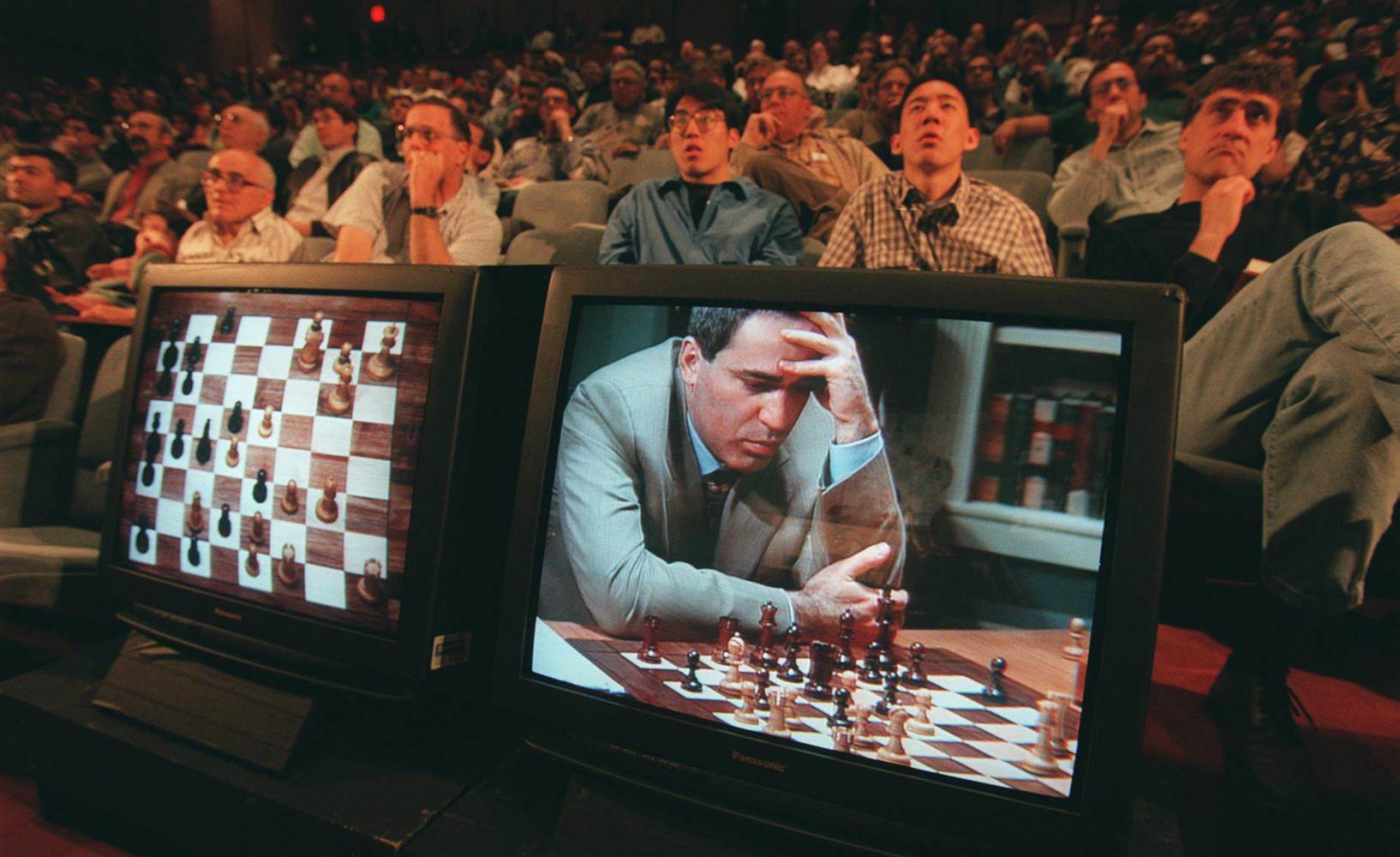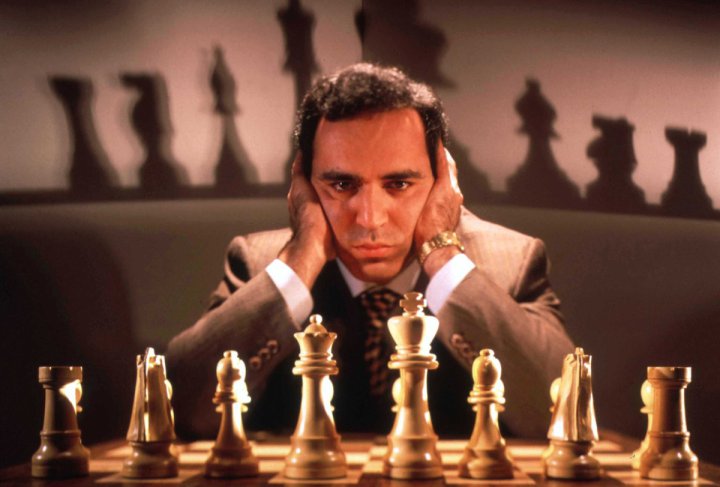
In 1985, Garry Kasparov became the youngest person to ever win the chess world championship at 22 years old. Little did he know that only a decade later he would be battling for his title against a machine. In his recent TED Talk, “Don’t fear intelligent machines. Work with them,” Kasparov discusses the progression of intelligent machines from the perspective of his chess career, explaining how he went from going up against them, to understanding the power of working with them.
Kasparov battled the famous supercomputer Deep Blue two times: once in 1996, when Deep Blue became the first machine to win a chess game against a reigning world champion (but lost the match 2-4), and again in 1997 when it became the first machine to win an entire match (3½ to 2½ ) against a reigning world champion. This was a deep blow for Kasparov, but he points out that this experience inspired him to think about human-machine interactions in a new way, noting “machine triumph is human triumph - something we tend to forget when humans are surpassed by their own creations.”
With this new perspective on machine intelligence, Kasparov asked himself, “What if I could play together with a computer at my side combining our strengths? Human intuition plus machine calculations, human strategy plus machine tactics, human experience plus machine memory - could it be the [most] perfect game ever played?"
In 2005, Kasparov’s theory was put to the test at a freestyle chess tournament where teams of grand masters and supercomputers competed for the world championship title. Unexpectedly, neither the grand masters, the supercomputers, nor the combination of the two were victorious. The winners were “a pair of amateur American chess players operating three ordinary PCs at the same time. Their skill of coaching their machines effectively counteracted the superior chess knowledge of the grand masters and the much greater computational power [of the supercomputers].”
The result of the tournament led Kasparov to reach the conclusion that a weak human player + a machine + better process is superior to a very powerful machine or strong human player + a machine + inferior process.

It may seem difficult to apply this insight to everyday life, but the more we think about it, the more we realize that many of us do it every day. In his TED Talk, Kasparov gives online language translators, like Google Translate, as an example. All too often, online translators provide translations that are error filled, too literal, or incomplete, thus we must use our human experience and reasoning abilities to make sense of the translation. In turn, we can then feed the corrections back into the machine to help it continue to learn and improve.
Whether it’s concurring smaller feats like refining online translators, or accomplishing major achievements like winning the chess world championship, humans and machines can accomplish so much more when working together, rather than separately, or against each other. As new, smarter technology continues to emerge and businesses rely more and more on big data, this understanding is crucial in how we shape and integrate human intelligence with artificial intelligence going forward. We’ve already seen how new technology has improved numerous industries from health care, to agriculture, to communications, manufacturing, space exploration, business, advertising, etc...and it is when we embrace new technology and push the limits of what we are capable of that we can accomplish great things.
Kasparov sums it up very nicely in his TED Talk:
“Eventually every profession will have to feel this pressure [of intelligent machines] or else it will mean that humanity has ceased to make progress. We don’t get to choose when and where technological process stops. We cannot slow down, in fact, we have to speed up. Our technology excels at removing difficulties and uncertainties from our lives, so we must seek out ever more difficult and uncertain challenges. Machines have calculation, we have understanding; machines have instructions, we have purpose; machines have objectivity, we have passion. We should not worry about what our machines can do today. We should worry about what they still cannot do today, because we will need the help of new intelligent machines to turn our grandest dreams into reality. If we fail, it's not because our machines are too intelligent or not intelligent enough. If we fail, it’s because we grew complacent and limited our ambitions. Our humanity is not defined by any skill, like swinging a hammer or playing chess. There is only one thing only humans can do: that’s dream...so let us dream big.”
Anthony Parente is the Head of Growth and Analytics at Dumbstruck.
You can contact him via his LinkedIn account.
Topics:
AI,
Emotional Intelligence








